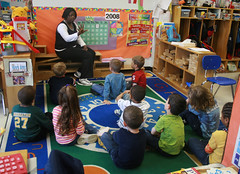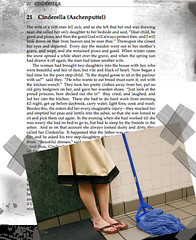When given half a chance, children love to create and be imaginative. Use the web application, BuiLD YouR WiLD SeLF, and watch kids' creativity and imagination in learning...
run wild....
BuiLD YouR WiLD SeLF is a web application. Anyone can use their imagination or their knowledge of animals to create their own animal for a special habitat using this web application. Provide a platform for your students or children to build an imaginary avatar. Once their WiLD SeLF is created, they can use it as a desktop image, an avatar, or any similar application. Kids can compare and contrast various traits of humans and animals. They will also get a chance to learn about the habitats that some zoo animals would live in their natural homes.
Use this web application as:
A. the anticipatory set for new lessons in science, social studies, language arts, writing or other subject.
B. an example of animal habitat information to be studied utilizing many learning strategies; especially Compare/Contrast You can build a lesson about animals and their environments.
C. a formative assessment to determine if students can describe/explain why they used a particular environment or body part.
D. a reward for effective learning behaviors.
The web application, Build Your Wild Self was created for the Bronx Zoo, New York Aquarium, and other New York City Zoos, in cooperation with the Wildlife Conservation Society.
SHARE SOME FINE EXAMPLES THAT STUDENTS HAVE SHARED WITH YOU:




